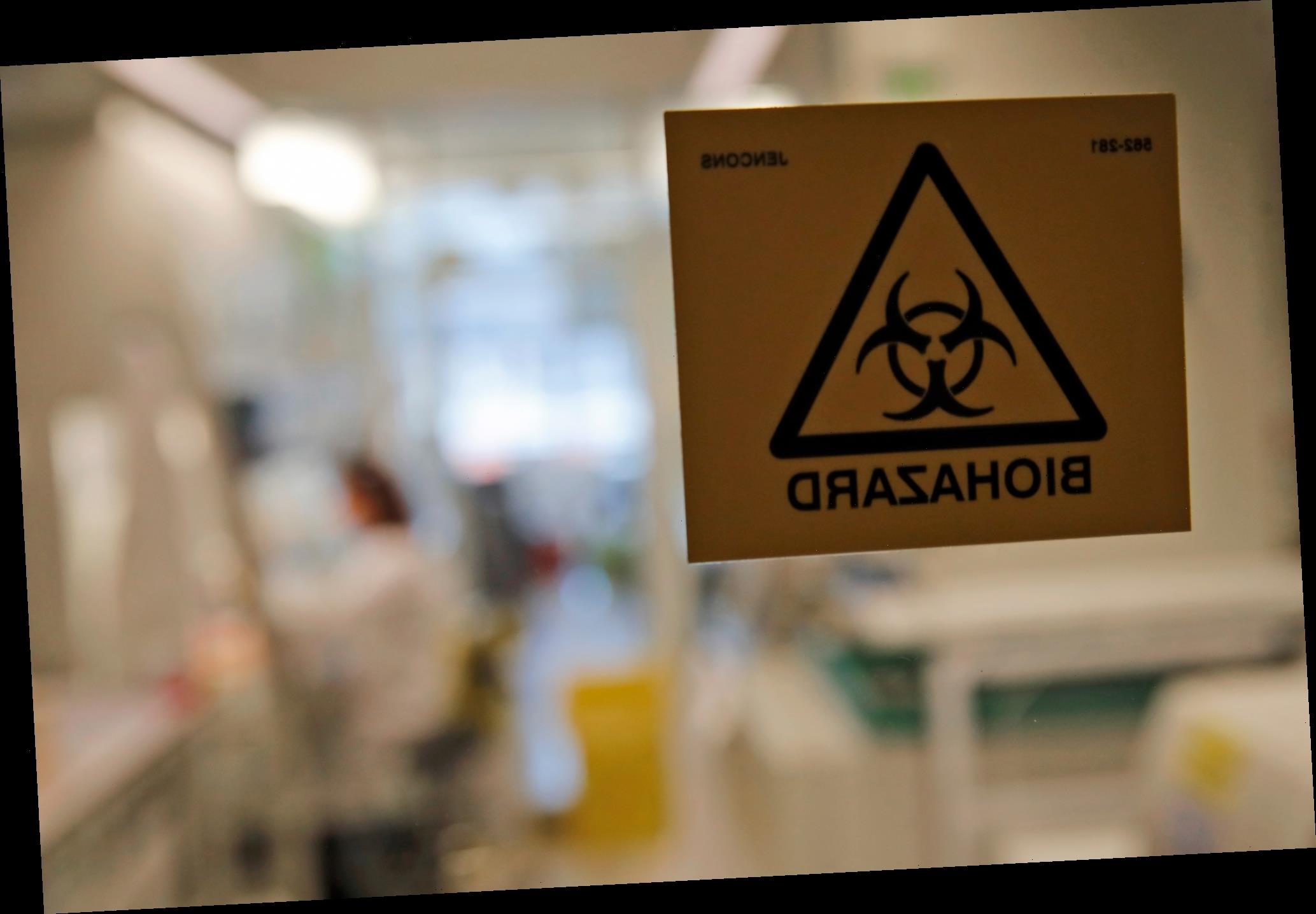Mr. Rogers once said that in times of crisis, you should always look for the helpers. Unfortunately, Mr. Rogers did not live in the age of social media, where people are less likely to offer help and more likely to board an airplane and announce that they have coronavirus to the horrified passengers to get attention from a Canadian Instagram account.
This is what happened on Wednesday on a WestJet flight from Toronto to Montego Bay, Jamaica, when an aspiring rapper named James Potok boarded the plane donning a pastel pink sweatshirt and a face mask. After takeoff, he informed the other 240-plus passengers that he had recently traveled to Wuhan, which is considered the epicenter of the coronavirus that has so far claimed more than 560 lives. “I’m not feeling too well,” he announced. “Thank you.”
Naturally, everyone freaked the fuck out, and the plane was ultimately diverted and forced to return to Toronto. After landing, Potok was apprehended by Canadian police and charged with mischief and breach of recognizance (meaning he had faced unrelated criminal charges before, which, no surprise here). Paramedics were also on the ground to determine if Potok had been telling the truth, and the airline followed all protocols for infectious disease “out of an abundance of caution,” it said in a statement.
So why on Earth would someone do something like that? Social media clout, of course. In an interview with the CBC, Potok said that the hoax was intended to “create a viral video, to get something that, in my opinion, would have gone onto 6ixbuzz,” a Canadian Instagram account showcasing hip-hop artists. When asked if he regretted the stunt, Potok was somewhat contrite, saying, “It wasn’t the best thing to do. Me, as an entertainer, we always look for a reaction from people. I didn’t get the reception that I was looking for. I didn’t get the reaction that I was looking for.” According to the CBC, he’d previously pulled a similar stunt on a flight, falsely announcing that Lil Wayne had just dropped an album. That video, he said, went viral. Presumably he hoped that would happen again.
Surprisingly, this is not the first time that someone has taken advantage of the hysteria surrounding the virus to gain social media clout. Last week, a Vancouver teenager posted a TikTok claiming that his friend had contracted coronavirus, accompanied by a headline reading “First presumptive case of coronavirus confirmed in B.C.” “He had to call 911 if he started coughing violently. Turns out he had it [grimacing emoji],” the TikTok caption read. The poster turned out to be the founder of a digital marketing agency who referred to himself in his bio as “CEO of coronavirus,” and TikTok later took down the video, telling the Daily Beast “we remove deliberate attempts to deceive the public.”
But the damage had already been done. Prior to its removal, the TikTok had racked up millions of views and hundreds of thousands of likes. Another viral TikTok shows a user wearing a face mask in what appears to be a hospital emergency room after claiming she presented with symptoms of coronavirus, only to post a follow-up TikTok stating she did not have it at all.
Since reports of novel coronavirus started circulating last month, 565 deaths and more than 26,000 cases have been reported worldwide, sparking global panic as well as a number of hoaxes and misinformation campaigns. As Rolling Stone previously reported, conspiracy theorists have propagated the theory that the virus was bred in a lab by to benefit Big Pharma and (for some reason) Bill Gates, as well as the (racist and inaccurate) belief that all Chinese people eat bats, thus spurring the spread of the virus. QAnon supporters have also advocated for drinking bleach to ward off the virus, which is both false and potentially extremely dangerous.
Unfortunately, it is not uncommon for people to take advantage of global health panics to spread false information or gain clout — and that’s particularly true given what appears to be the origin of novel coronavirus, as Jen Grygiel, assistant professor in communications specializing in memes and social media at Syracuse University, previously told Rolling Stone. “When psychological states are peaked and people are anxious, they’re more apt to share [inaccurate] information,” they tell Rolling Stone. “Given the strained relations between China and the U.S., there’s even more anxiety there.” Ultimately, this has the dual and extremely disheartening effect of encouraging people like Potok to gain attention by stoking mass panic — and ruining Jamaican beach vacations of almost 250 people.
Source: Read Full Article
